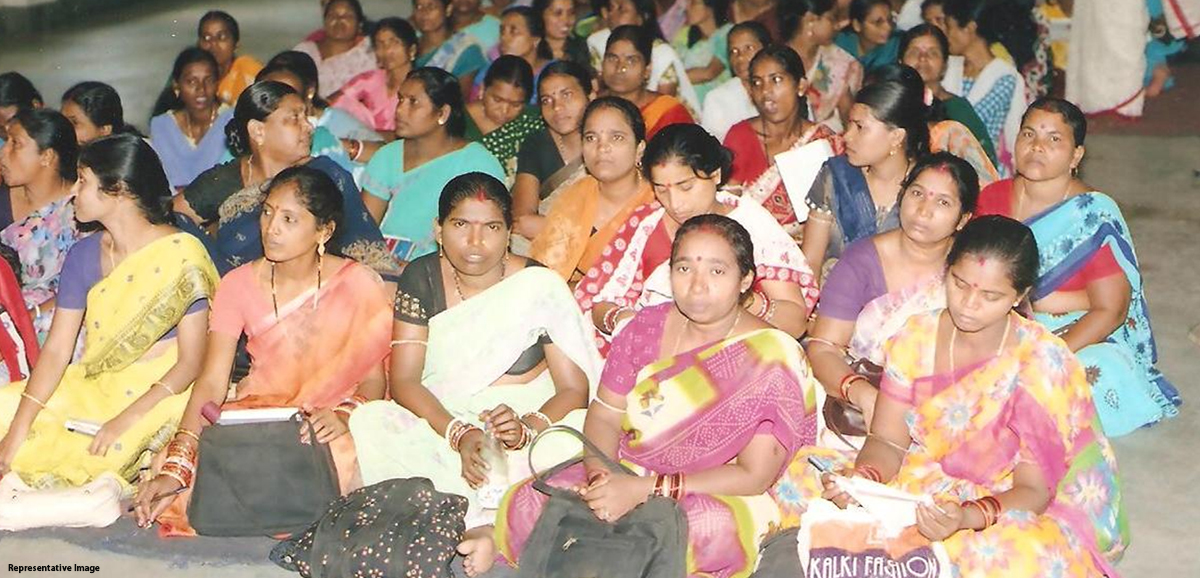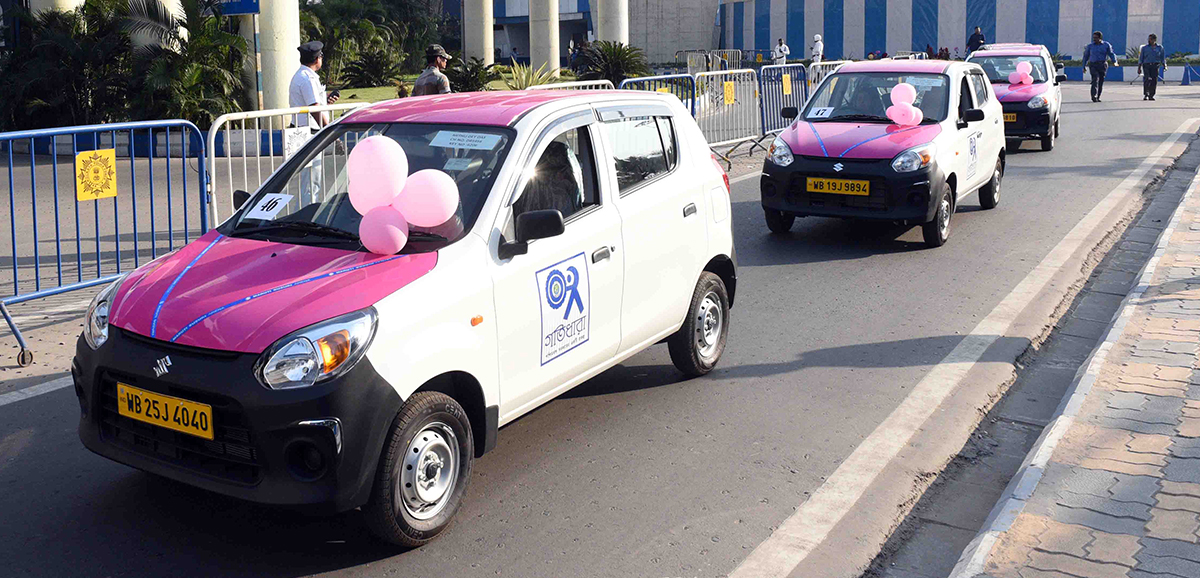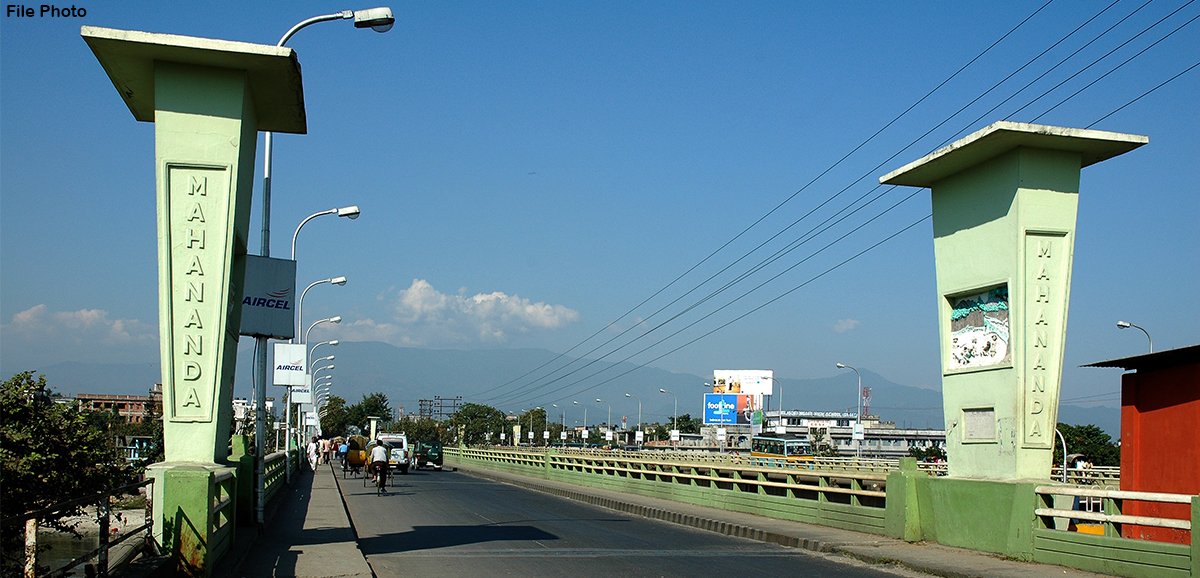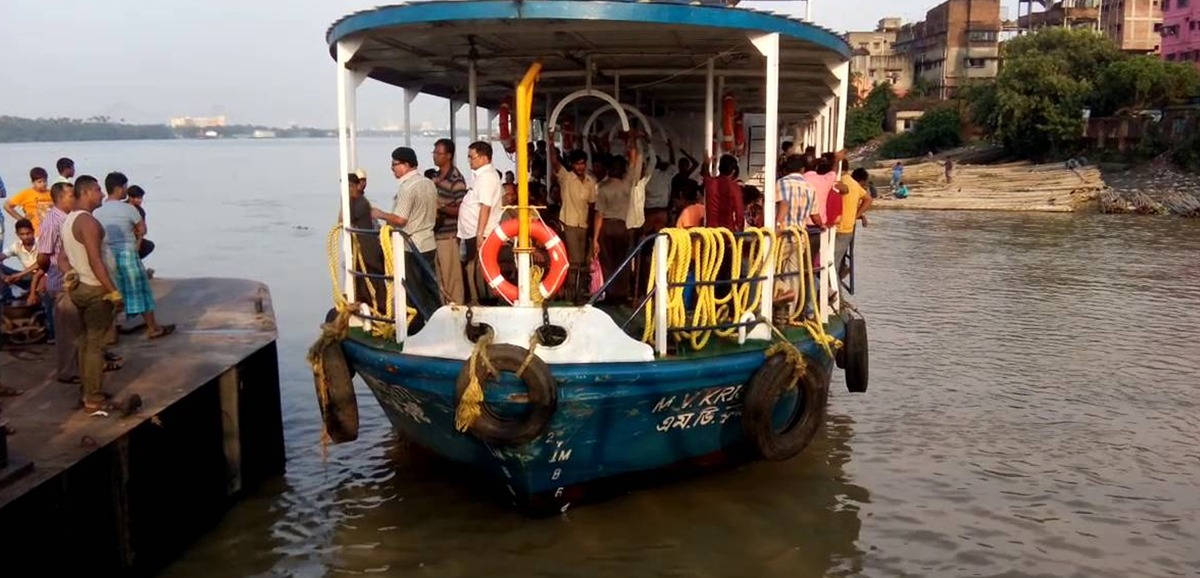In order to raise the well-being of children in Bangla and in another step towards women’s empowerment, the State Government plans to appoint 3,376 anganwadi supervisors. This was announced by the minister of state for health after the State Cabinet meeting on February 21.
The posts of a supervisor is crucial is crucial as the person is responsible for the overall well-being of babies in a particular area, including investigating cases of negligence, if any. Only women are appointed to this post.
A recruitment policy for the employment of these supervisors will also be constituted soon, she said, which would include information on how many would be recruited directly through tests and how many through promotions. The appointees need to be graduates.
This decision, taken by Chief Minister Mamata Banerjee and endorsed by the State Cabinet, holds immense significance, more so since it was announced a few days prior to International Women’s Day on March 8.
At the press briefing, the minister of State for health also said that as a result of this decision, the work carried out through the Integrated Child Development Services (ICDS) will improve significantly.
She added that under the direction of Mamata Banerjee, the work of anganwadis is being looked at with the required importance, something that was never done during the Left Front rule, as a result of which so many posts are still vacant.
File Photo










